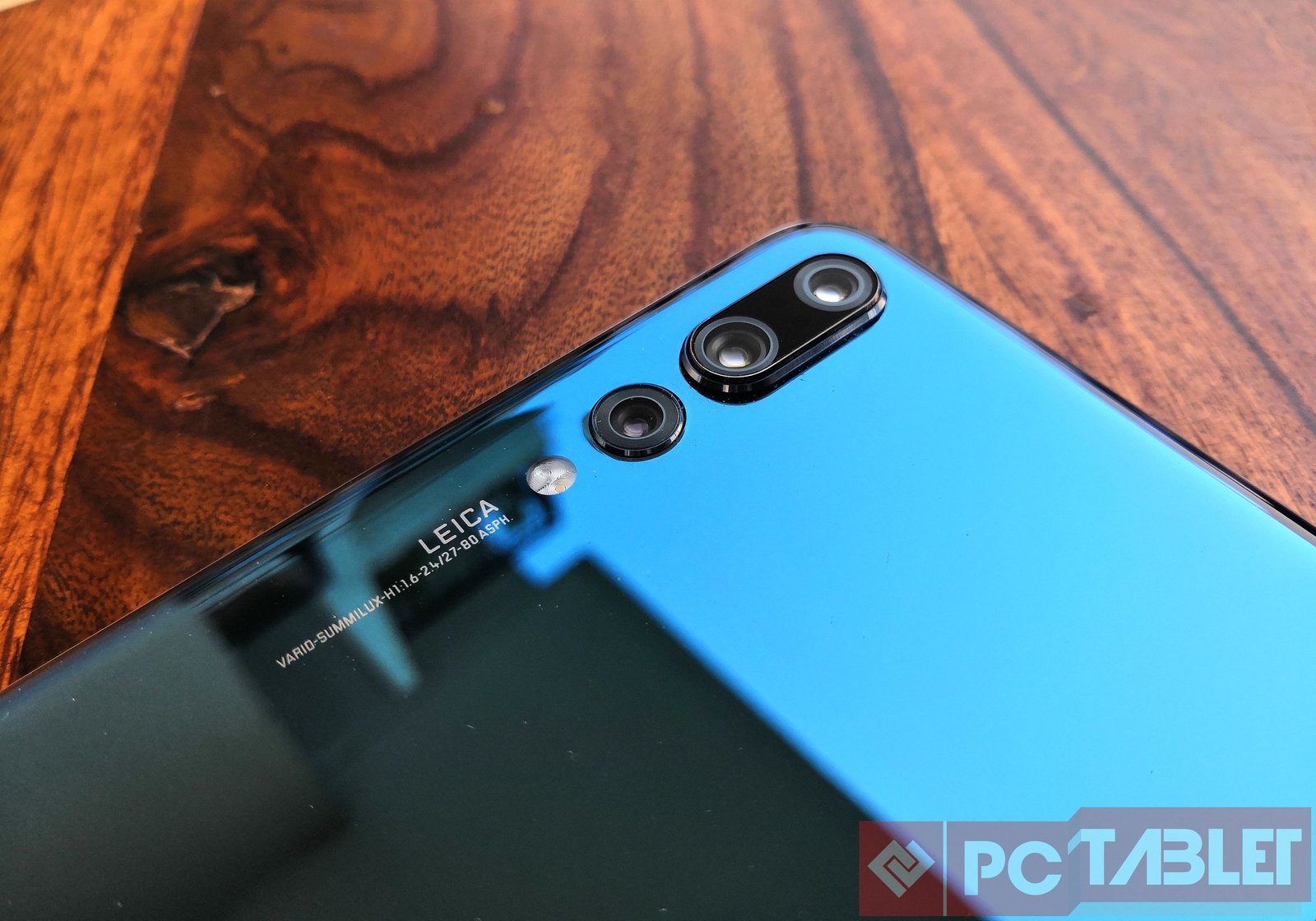Since the last few years mobile photography has taken off, people have started shooting movies on smartphones. To battle this trend, smartphone makers are constantly pushing the optics on the smartphones. One player doing the same is ‘Huawei’, with their flagship the P20 Pro. The P20 Pro features a triple camera setup, with one of the cameras being a 40-megapixel sensor.
P20 Pro is the second smartphone on which we have seen a 40-megapixel sensor after the famous Nokia Lumia 1020. With the P20 Pro, Huawei has been pitching the smartphone as a possible DSLR replacement. We check out in this review.
The Huawei P20 Pro is the first smartphone in the market to offer triple camera setup with one of them being a whopping 40-megapixel primary RGB sensor with a f/1.8 aperture, 20-megapixel monochrome sensor with a f/1.6 aperture and an 8-megapixel telephoto lens with a f/2.4 aperture all of them working together to provide an impressive camera experience.

Just like last year’s flagships, the P20 Pro also boasts the Leica branding meaning that all the three sensors are fine-tuned by Leica to further enhance the experience. This year’s buzzing word is AI and Huawei has also heavily relied on it on the P20 Pro. Out of all the three sensors, only the 8-megapixel telephoto camera has OIS support while the remaining two sensors rely on the phones NPU (Neural Processing Unit) to provide stabilization.
Now let’s understand how all the three sensors work, the main 40-megapixel sensor captures the Colors with the 20-megapixel sensor adding detail and depth information while the 8-megapixel telephoto lens capable of achieving a 3x optical zoom kicks in when zooming in. All the three sensors come with laser autofocus for better and faster focusing speeds. In addition to this, there is a color temperature sensor to make sure that the white balance is always correct.
Not all is left on to the sensors here, with the P20 Pro Huawei has extensively worked and improved the underlying AI that it had introduced with the Mate 10. The AI in the camera app now can detect the shooting scenes and calibrates the settings accordingly. In a low-light environment, the camera app will launch the Night mode for better low light performance. The camera app is similar across the whole Huawei and Honor lineup. When using the AI mode, the images come out a tad more oversaturated, now this might be a good thing for some.
Shots taken in both day and low light are crisp and have a good amount of detail. We were surprised by the amount of detail this smartphone could capture. The phone takes some of the best-looking portrait shots that we have seen on any smartphone yet. By default, the amount of background blur is on the higher side and the shots might look artificial, and this can be fixed by changing the amount of blur. This phone is extremely suited for individuals who enjoy taking macro shots.
Talking about the telephoto lens, you get 3X optical zoom and 5X digital zoom. Now, these can only be used once you switch to 10-megapixel (which is set by default). During our tests, we found the zoom very reliable. The images had a decent amount of details with a hint of noise, which is to be expected. One thing we didn’t like is the AI, oversaturating some aspects of the image. We took some daytime shots where in the sky looks extremely blue, hopefully, this gets fixed in the future updates.
Coming to selfies, the 24-megapixel front-facing camera is a delight to take selfies with. The studio lighting option, though sort of gimmick, churns out some decent shots. Apart from that, you get a host of AI-based stickers, if you’re into that stuff.
Huawei’s claims of the P20 Pro replacing the DSLR are justified for some of the aspects. While we had some complaints with the AI, we after a while started liking the final over saturated images. The RGB, Monochrome and Telephoto lens work in harmony to give you stunning visuals, that are can be admired on the phone or a larger display.
As for our closing note, the Huawei P20 Pro is hands down the best camera smartphone currently available in the market.



























